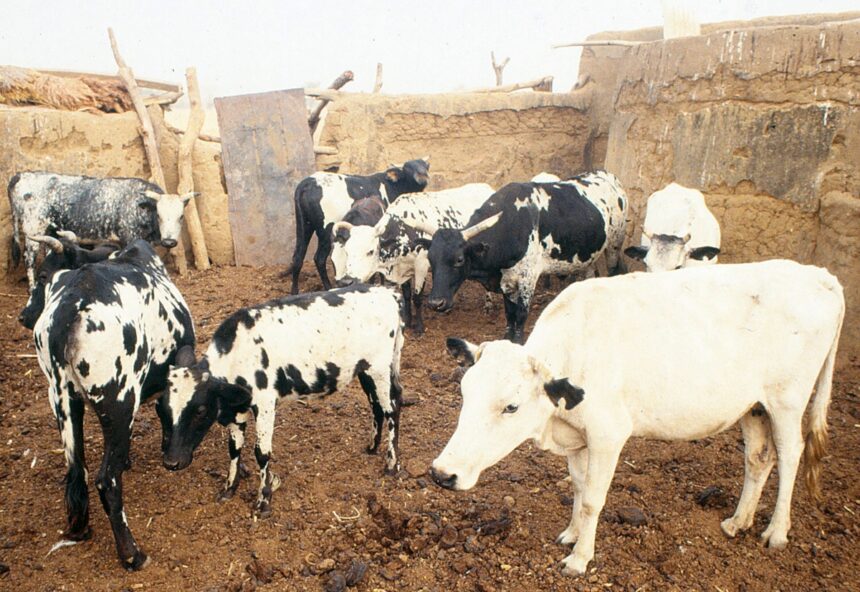African Ministers Take Bold Steps to Reshape the Future of Food Systems
African ministers of livestock and agriculture have taken bold steps to reshape the future of food systems on the continent. At the African Food Systems Forum in Dakar, Senegal, thirteen countries participated in the first-ever ministerial deep dive on livestock, co-hosted by the International Livestock Research Institute (ILRI), AU-IBAR, and GIZ. The session marked a historic shift—placing livestock and animal-sourced foods firmly at the center of Africa’s food systems agenda.
Addressing Productivity Gaps and Food Security
Africa is home to 85% of the world’s livestock keepers but produces just 2.6% of global milk. This mismatch highlights a paradox: vast resources, yet low productivity, leaving the continent dependent on $50 billion worth of food imports annually. Ministers agreed this must change, not only to meet rising demand but also to secure livelihoods, reduce poverty, and address nutrition gaps. Demand for meat is projected to triple and milk to double by 2050, making transformation urgent and unavoidable.
Dr. Mabouba Diagne, Minister of Agriculture and Animal Resources in Senegal, stressed the need to increase productivity to address the gap in milk production compared to other countries like Kenya and Uganda.
Empowering Youth and Creating Viable Careers
Youth employment was at the heart of the discussions. Across the continent, young farmers are already using digital technology for traceability, building businesses, and managing enterprises. Ministers emphasized the need to transform livestock from subsistence to a business proposition that attracts the youth and creates viable careers for Africa’s unemployed youth.
Scaling Genetic Improvement Programs for Higher Yields
Productivity gaps remain stark, with Uganda producing significantly more milk than Senegal due to differences in cattle genetics. Ministers committed to scaling up genetic improvement programs to deliver higher-yield breeds, boosting farmer incomes and improving livelihoods.
Integration and Innovation for Sustainable Agriculture
The dialogue highlighted the importance of integrating livestock with agriculture. Mali called for stronger integration of crop-livestock-fisheries, while Somalia showcased its model of vaccinating animals and empowering women in value chains. Tanzania shared digital systems for real-time monitoring. These examples pointed towards integrated, resilient, and locally adapted approaches.
Commitments for a Sustainable Future
- Establishing feed banks to reduce seasonal feed shortages
- Regional cooperation to overcome fragmented markets
- Scaling youth entrepreneurship to drive local production
- Expanding genetic improvement programs to raise productivity
- Annual livestock ministerial sessions at Africa Food Systems Forum to ensure accountability
For Africa’s farmers, these commitments mean practical solutions that can be shared and scaled faster across borders.
Conclusion: Livestock at the Center of Development
Dr. Huyam Salih, Director of the AU-IBAR, emphasized the importance of placing livestock at the center of Africa’s development agenda for sustainable food security and agricultural transformation. For millions of farmers, this is the difference between poverty and prosperity, between subsistence and thriving agribusiness.








